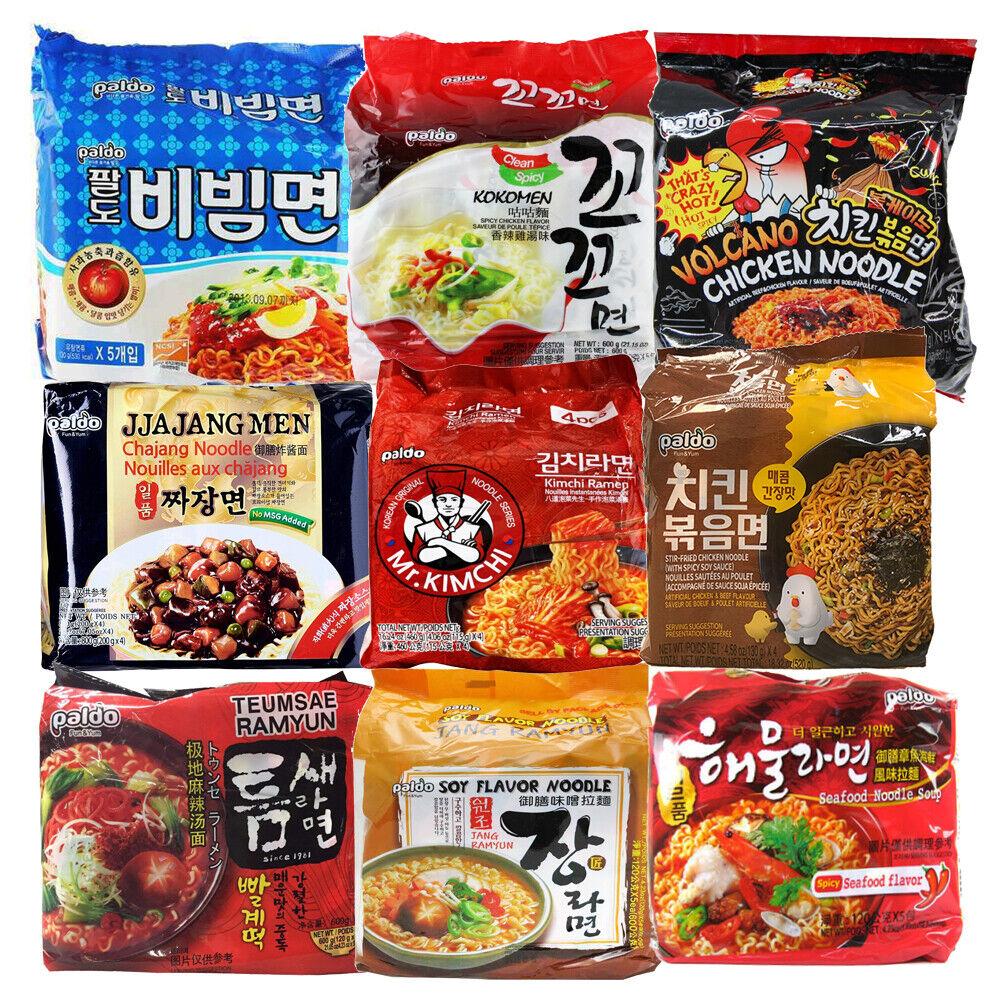Paldo and Thailand’s CP Group Sign MOU to Strengthen Partnership in Southeast asia
In a notable move that underscores the growing ties between South Korea and Thailand in the Southeast Asian market, Paldo, a leading South Korean food company, has signed a Memorandum of Understanding (MOU) with the CP Group, one of Thailand’s largest conglomerates. The agreement aims to foster collaboration in various sectors, including food production and distribution, as both companies seek to leverage their strengths to capitalize on the burgeoning opportunities in the region. This partnership not only highlights the increasing trend of cross-border cooperation among Asian corporations, but also positions both Paldo and CP Group to better serve the rapidly evolving demands of consumers in Southeast Asia. As regional economies continue to integrate, this alliance may pave the way for further investment and growth, enhancing the competitive landscape in the food industry.
Paldo and CP Group Forge Strategic Partnership to Enhance Food Production in Southeast Asia
In a significant growth for the agricultural sector in Southeast Asia, Paldo and Thailand’s CP Group have entered into a memorandum of understanding aimed at enhancing food production capabilities across the region. This strategic partnership underscores both companies’ commitment to addressing the growing demand for high-quality food products while fostering sustainability and innovation. By leveraging each institution’s strengths, including Paldo’s expertise in food manufacturing and CP Group’s extensive distribution network, the collaboration is set to create a robust framework for improved food supply chains.
The key objectives of this alliance are to:
- Enhance production techniques for more efficient farming methods.
- Support local farmers through training and access to advanced technologies.
- Increase the availability of premium food products in local markets.
- Promote lasting practices to minimize environmental impact.
As both companies work towards these goals, they aim to not only bolster food security in Southeast Asia but also to contribute to the local economy by generating job opportunities and encouraging agricultural innovation. This partnership exemplifies a forward-thinking approach to food production,aligning with global trends towards responsible and sustainable sourcing.
Analysis of Market Opportunities and Challenges Faced by the New Collaboration
The partnership between Paldo and Thailand’s CP Group presents a myriad of opportunities within the vibrant Southeast asian market. With Paldo’s reputation for quality and innovation in food products and CP Group’s extensive distribution network and local expertise, the collaboration stands to enhance both companies’ market presence. Key opportunities include:
- Expanded Product Reach: leveraging CP Group’s established infrastructure to introduce Paldo’s offerings to a broader consumer base.
- Diverse Market Engagement: Targeting various demographics and consumer preferences within Southeast Asia, from urban centers to rural areas.
- Cultural Adaptation: Collaboratively developing products that cater to local tastes, possibly leading to innovative culinary creations.
However, the collaboration also faces notable challenges that must be addressed to ensure success. These include:
- Intense Competition: Navigating an already saturated market with established local players and other international brands vying for market share.
- Regulatory hurdles: Complying with varying food safety standards and import regulations across different countries in Southeast Asia.
- Supply Chain Complexity: Managing logistics and distribution effectively amidst regional infrastructural differences and potential disruptions.
Recommendations for Sustainable Practices to maximize Impact of the Partnership
To enhance the effectiveness of the collaboration between Paldo and Thailand’s CP group, it is crucial to adopt a range of sustainable practices that align with their shared goals. Implementing eco-pleasant sourcing of raw materials is essential, which can be achieved through partnerships with local farmers who prioritize sustainable techniques. Additionally, promoting waste reduction initiatives within production facilities can significantly minimize the carbon footprint associated with manufacturing processes. Engaging local communities in sustainability projects not only supports corporate duty but also invites innovative solutions that resonate with the end consumers.
Moreover, investing in renewable energy sources for operational efficiency should be a priority, reducing reliance on fossil fuels and promoting cleaner production methods. Establishing a system of transparent reporting on sustainability metrics will enable both parties to measure progress and make informed adjustments to their strategies. A periodic sustainability summit could foster continuous dialog among stakeholders, allowing for the exchange of best practices and innovations. By embedding these practices into the heart of their partnership, both Paldo and CP Group can significantly heighten their impact on the Southeast Asian market while championing sustainable development.
The Conclusion
the Memorandum of Understanding between Paldo and Thailand’s CP Group marks a significant step towards fostering collaboration in the southeast Asian market. This partnership is poised to leverage the strengths of both organizations, enhancing product offerings and expanding market reach in a region known for its dynamic economic landscape. As consumer demand evolves, both companies are well-positioned to navigate the challenges and opportunities that lie ahead. stakeholders will be eager to see how this alliance unfolds and contributes to the growing interconnectedness of Asian economies. With the MOU now in place, all eyes will be on the strategic initiatives that will emerge from this promising collaboration.


